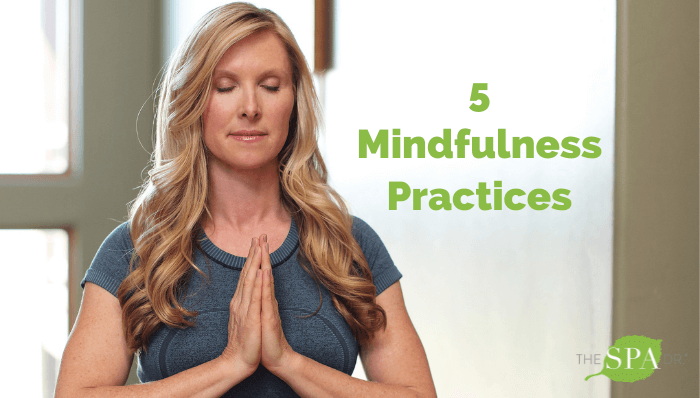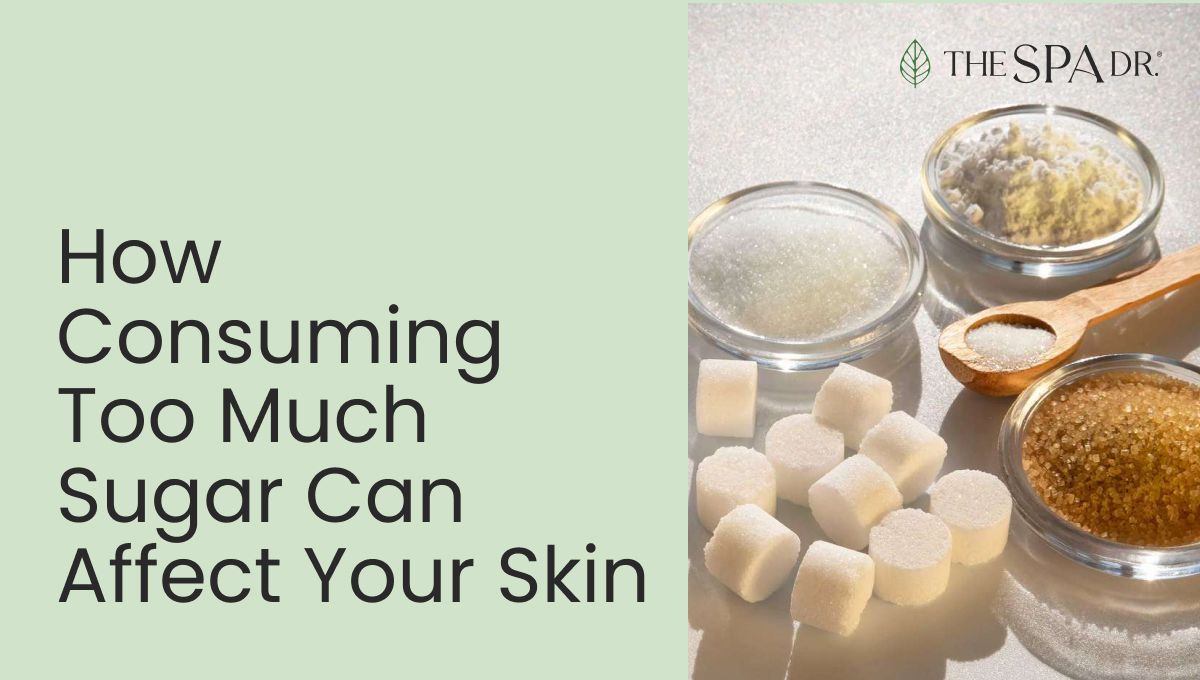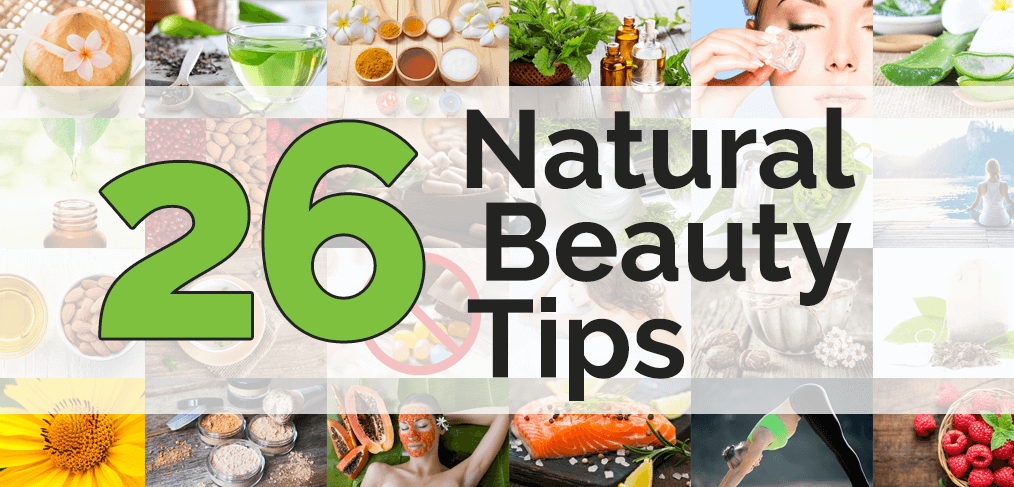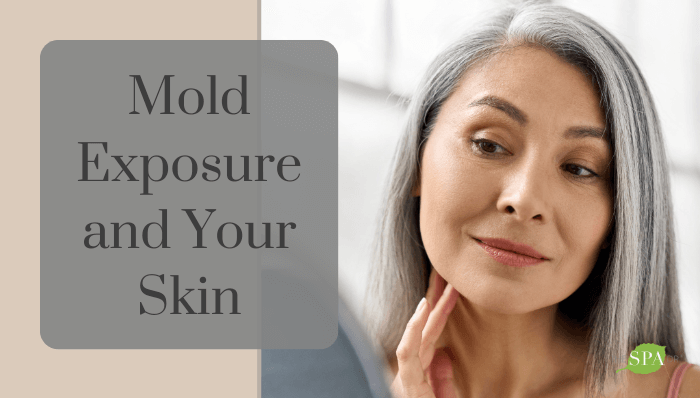Self-care often gets put at the end of our to-do lists, because many of us feel we have so many important things to do before we can make time for ourselves – treating self-care as if it were an indulgence and not a necessity. If you are one of those people who view self-care as an indulgence, an act of selfishness, or something you don’t have time for…I really want to encourage you to look at it a little differently today.
Oftentimes, we place a priority on caring for our children, our spouses, parents, clients, and even our pets. But it’s important to take care of ourselves so that we’re able to fully show up for the important people in our life. Also, I want you to take a moment and recognize that, like the people you love and care for, you also need and deserve nurturing.
So, let’s talk about a self-care prescription that will help improve your skin (both inside and out) while helping you look and feel your best. Because true health care starts with excellent self-care! Today’s self-care prescription will not only help you shift into a more positive mood, but it is also going to help protect your health and your skin for years to come.
Is Your Glass Half-Empty or Half-Full?
Stress management and building a positive mindset is your self-care prescription today. Having a positive mindset is so important in caring for yourself, staying healthy, and aging gracefully. So, is your glass half-empty or half-full? Negative self-talk is something we all do. I get it. We all have those little negative voices in our head that will say things we would NEVER say to one of our kids or to our best friend – but we oftentimes will say negative things to ourselves and it is simply unproductive and unhealthy. Allowing that negative voice to influence the way we see things only adds more stress to our already hectic lives. And unmanaged chronic stress makes us more susceptible to depression, weight gain, sleep problems, illness, disease, and to top it off – skin issues we really don’t want or have time for.
Your Skin Is a Reflection of Your Inside
When we deal with normal daily stressors our adrenal glands release a surge of the hormone cortisol to help control our blood pressure, increase our body’s metabolism of glucose, and help reduce inflammation. These are all good things cortisol does to help us. We need cortisol to survive; it’s part of our “fight or flight” response. However, too much stress and we start to see the harm that chronically high levels of cortisol can have when our body starts to overreact to any type of stress. Before you know it, unmanaged stress will trigger several physiological cascades that cause health issues in your body including skin problems like acne, eczema, psoriasis, rosacea, and even premature aging.
Prolonged high levels of cortisol will cause sebum production in the skin to increase and become out of balance, which can trigger acne.
Increased levels of cortisol will also cause an increase in the insulin levels in your blood, causing blood sugar to drop and leading to cravings of sugary and fatty foods that will only compound the problem and trigger acne breakouts.
When it comes to skin issues like eczema and psoriasis, high levels of cortisol will weaken your body’s immune system and trigger an inflammatory response throughout your body, which triggers eczema and psoriasis flare-ups. Also, the negative effect stress has on our sleep has been shown to interfere with our skin’s ability to heal, only adding to the problem with increased itching and discomfort – creating a compounding effect when getting good sleep seems impossible. I remember as a child being so uncomfortable and itching so badly I wasn’t able to sleep at night.
So I know I’m talking a lot about the problem here. Don’t worry, the solutions are coming. I just want to make sure that you understand the multiple roles stress can play in your own life. For example, in the National Rosacea Society survey, 70% of the people with severe rosacea reported that their skin issues affected professional interactions and 41% said that rosacea caused them to avoid public contact and cancel social plans.
If you have ever dealt with skin issues on your face or elsewhere, you may have experienced the feeling of not wanting to be seen. As a kid, it was stressful and challenging when I didn’t want to go to school because of my skin. You just want the problem to go away so you can show up at work or school or social settings and not be self-conscious.
Unfortunately, stress only worsens the root causes of skin issues. If you have read Clean Skin From Within, you know about the root causes of skin issues. Stress only adds to the problem by exacerbating these root causes of inflammation, microbiome disturbance, hormonal imbalances, and nutritional deficiencies that cause skin issues.
The Solution
So enough about the problems associated with stress – let’s talk about the solution.
Having a positive mindset will help you combat stress and be able to take better care of yourself.
So, let’s focus on positive affirmations and practices that will help reduce stress. Many of the things we’ll discuss, like positive affirmations, breathing exercises, and meditation, are known to be very effective at managing stress and helping shift towards a more positive outlook on life (including our skin) especially when these practices are adopted into our daily routine.
Here is the four-part self-care prescription I’m calling in for you today. But first, I just want to say that I know this may be a little new to you, but I want you to lean into this a little bit and give it a go. Trust me, it will be worth it!
Mirror, Mirror on the Wall – Self and Skin Assessment
The first part of your self-care prescription today is to look at your skin as a positive magic mirror. You may have heard me say that the skin is our magic mirror and that it gives us some great clues about our overall health. This is an opportunity to look at your skin as a positive magic mirror. So while we often beat ourselves up over skin issues, I encourage you to look at your skin differently. What secret messages is your skin trying to tell you about your health and your lifestyle?
First, before you put on any skin care products or makeup, take a close look in the mirror at your skin. What do you notice? Is it dry? Is it oily, red, and inflamed? Is it splotchy and dull, or breaking out? Here’s the key, you need to avoid the temptation to criticize your skin or yourself. No negative self-talk here! Instead, just take this as an opportunity to gather information. Your skin has some valuable information to share, so just pay attention. Did you have these skin issues yesterday or last week? If not, maybe there’s something that you’re doing in your lifestyle that is contributing to the issue.
While you’re looking at your skin, think about your sleep, your eating habits, and your skin care habits. Has anything changed recently? Are you dealing with more stress lately? Are you breaking out more? Is your skin dull or dry? Do you have dark circles and puffiness under your eyes? I can’t say this enough – your skin is trying to tell you something, so pay attention!
It is understandable that if this is new to you, that when you look at your skin you don’t have any big ‘AHA!’ moments, and that’s okay. Let this be the beginning of a new relationship between you and your skin. It starts with you paying attention now, so that down the road when your skin is either better or worse, you’ll have a reference point to compare it to. It may even be a good idea to take a picture, so you can use it for comparison later.
If you need help understanding the messages your skin is trying to tell you, my book Clean Skin From Within can help you with that information. Another great resource is to take the skin quiz, which will help identify your skin personality type and hone in on the root causes of your particular skin issues.
Self-Love and Appreciation
The second part of your self-care prescription today is to take the time while looking in the mirror to give yourself and your skin a heartfelt compliment. I know for some people this may be a stretch – but I want to challenge you to do the best you can to appreciate and show gratitude for yourself and your skin. Start by looking in the mirror and saying something simple like, “thank you skin for giving me messages,” or “I appreciate you”. It may be that you just focus and talk to your skin, or you focus on a specific part of yourself. You just want to find something small that you are grateful for and acknowledge it to yourself in the mirror.
Maybe you already have some experience with this and you’re able to look in the mirror and say out loud to yourself “you’re beautiful,” and that’s great. Whether you are a pro at this or a beginner, I want you to embrace this process of heartfelt appreciation for yourself. And if you’re up for it, be bold and take this a step further. Grab some lip liner, eyeliner, or lipstick and write a message to yourself on the mirror, like, “Thank you!,” or “You are beautiful”. So, whenever you’re in the bathroom and you look into the mirror, you’ll see this positive affirmation and be able to reflect again on the gratitude you have for yourself and your skin.
Honor Your Skin
The third part of your self-care prescription today is to make a commitment to your skins to do one thing to honor it. This is an opportunity to make a choice today that is self-honoring to your skin. It could be something like, “So I see you’re telling me I need more sleep,” or “I promise to prepare for a restorative night’s sleep tonight,” or “Skin, I know how hard I’ve been on you; I promise to make healthier choices starting today.” These are just a couple of ideas, but the purpose is to make a commitment today (and each day going forward) to pay attention to the messages your skin is giving you and create a positive shift to honor and help yourself and your skin. It can be anything, just something simple, like committing to your skin to drink more water. It just needs to be one thing today that helps you create some positive momentum to take better care of yourself and your skin.
Stress Management and Mindfulness Practices
The fourth part of your self-care prescription today is to take 5-10 minutes to participate in stress management or mindfulness. You can start by incorporating and anchoring these self-care practices into your daily routine. In my book, Clean Skin from Within, I talk about the important mindfulness practices of breathwork, gratitude, meditation, relaxing bedtime rituals, and stepping into nature.
Today, I’m going to walk you through each one so you can choose which one(s) you feel will serve you best. You only need to take five minutes for each – we all have at least five minutes. And if you are up for it and want to participate in a few of them, or even ALL of them, great! You can pick and choose which practices you have time for and would like to start anchoring into your daily routine.
Breathwork
The first is breathwork. Start by finding a quiet place to sit in a relaxing position with your eyes closed. Place one hand on your chest, and your other hand on your abdomen. Take five minutes (or more if you like) and focus on your breathing. Actively pay attention as you inhale and exhale. If your mind starts to wander, just refocus on your breathing. As you inhale, allow your lower abdomen to swell like a balloon. As you exhale practice relaxing different parts of your body. Relax your face, your jaw, your shoulders, and work on relaxing your whole body.
Gratitude
The second is gratitude. Gratitude is about appreciating what you have around you. Research shows that gratitude helps us feel happier, deal better with problems, and build solid relationships as well as improve our health and our skin. The best way I’ve found to incorporate this practice into my routine is to use a gratitude journal. This helps really anchor in this practice, because of the focus required to write it all down. But, if you don’t have time to write it all down, that’s okay. You can just express your gratitude mentally or out loud. Give someone you love a call and let them know that you appreciate them. Compliment someone while you’re running errands and simply say, “thank you.” You can even make a list of people you are grateful for. There are so many ways you can express gratitude that will fit into your life.
Meditation
The third is meditation. Really, breathwork is a type of meditation if you want to use it in that way. The goal of meditation is to focus and quiet your mind to achieve greater clarity and inner calmness.
Research has shown that meditation helps lower stress and cortisol levels, increases our compassion, improves sleep, boosts mood, decreases inflammation, and even can help lower yearly medical costs.
So, here is a simple meditation practice. Find a quiet place, turn off all electronics. Sit in a relaxing position and focus on a word, like gratitude, or love. During these five minutes (or more if you like), just think about the word you’ve chosen. Imagine that you’re saying it over and over again in your mind, and if your mind wanders, just gently bring your attention back to your word. To enjoy the experience and full benefits of meditation, it helps to let go of any expectations you may have and just be in the moment.
Relaxing Bedtime Ritual
The fourth is a relaxing bedtime ritual. Ideally, we should be getting about eight hours of uninterrupted sleep every night. I know that’s not easy for all of us and can be challenging, especially when dealing with life stressors and busy schedules. The key is to mindfully set the stage for good sleep by avoiding sleep disruptors and incorporating sleep enhancers.
Start by cutting out or avoiding the things that disrupt your good sleep. Avoid caffeine at least three hours before going to bed. Some people are more sensitive to caffeine than others and should avoid it completed after lunch, or at least seven hours before bed. Sugar is another sleep disruptor, it lowers our body’s ability to get into a deep sleep and causes more arousals (instances of waking up). So, avoiding sugar before bed is another way to improve sleep.
Another disruptor is the blue light that electronics produce. Here’s what happens – when you watch TV or use your tablets, laptop, smartphones, or other electronic devices before bed, the light mimics the sun and creates a delay in your internal clock, or what’s called your circadian rhythm. The blue light from your devices also suppresses the release of the hormone melatonin, which is a sleep aid. So, it’s important to turn off all electronics at least thirty minutes before bedtime to help your body prepare for good sleep.
Next, you’ll want to incorporate rituals that are sleep enhancers. Turn down the lights to support your circadian rhythm and induce more melatonin production. Incorporate relaxing music, and take a warm herbal bath to relax your mind and body. Bedtime is a great time to incorporate the practice of breathwork or meditation. You can also journal about your gratitude or wins for the day.
Diffuse lavender or other calming essential oils in your bedroom. Download a sleep app to play soothing theta waves throughout the night to support a deeper sleep. If you need more ideas, there are plenty you can find online. The point is to create your own relaxing bedtime ritual to help set yourself up for a rejuvenating good night’s sleep.
Step into Nature
The last is to step into nature. Step away from your computer or any other things that zap your energy and escape into nature. You may only have time for a short walk around the block the first few times, and that’s okay. I think you’ll find that taking the time to get some fresh air and move your body will help to clear your mind and improve your wellbeing. It only takes fifteen minutes for you to enjoy the benefits of the sun’s ability to brighten your day and allow your body to get some vitamin D. Participating in activities that connect us with the flow of energy around us in nature has been shown to have many positive effects on our bodies.
5 Tips to Succeed at Anchoring Self-Care
So, we all run into roadblocks when it comes to implementing self-care practices into our own lives because it’s difficult juggling priorities. I want to help you move towards becoming the best version of yourself, and to do this involves taking care of your mind, body, and soul. When you take care of yourself, you are sending a message to yourself that you’re worth it, and you’re giving yourself the fuel needed to achieve your personal goals.
So, to help you better anchor self-care practices as part of your daily routine, I have 4 tips that will help you on your journey:
1. Do Things that You Enjoy
I’m challenging you to try new things today, but I’m also aware that if you aren’t able to find enjoyment in it, you probably won’t be able to commit to it long term. The key is to commit to experimenting and finding the practices that you will look forward to and that bring you the most enjoyment and fulfillment. Start making a list of your favorite self-care ideas to try out, and then make a note of how that practice made you feel that day. Or at the end of the week, you can reflect on how that specific practice helped you throughout the week.
2. Plan Ahead for Success
Making a time slot each day for self-care is a must. The old saying “if you fail to plan…you plan to fail” is very true when taking up new routines. Otherwise, it’s easy for habits or other priorities to sneak into our day and seem more important than our self-care, so make it official. Everyone’s schedule is different, but it might be helpful to block off 5-30 mins first thing in the morning and 5-30 mins at night to get started. Part of planning ahead also includes doing things to alleviate time restraints like preparing for the day by laying your clothes out or making lunch the night before. Simply put, plan to succeed by planning ahead.
3. Simplify
One way to help you incorporate self-care into your routine is to adjust your mindset. Don’t think of it as another thing you are adding to your routine. Think of self-care as a necessity. Focus on how you feel when you take the time to practice self-care. You’ll begin to understand that the value to your wellbeing is worth every moment of self-care. And remember, the whole point of self-care is to help recharge and relax. So it should be simple, and it doesn’t need to be lengthy. Start with 5 minutes and work a little more time into your practice as you go, until you find the optimal amount of time that recharges you, but allows you to maintain balance with the other priorities in your life.
4. Be Flexible
Be flexible, things WILL come up, and that’s okay. Don’t make it into another reason to beat yourself up for not following through. Just keep working to make it part of your routine, but allow a give-and-take in how you implement it. You may at first commit to a specific time of day or amount of time, and later realize that it’s not working well. No two days are the same, so be flexible and stick with it.
5. Give Back to Others
One of the most overlooked ways to strengthen our self-care routines is by going beyond ourselves to give back to others. When we focus on a cause greater than ourselves, it boosts our wellbeing, self-esteem, and increases positive emotions. There is even a growing body of research that shows spending time on other people can increase our overall happiness.
When the world revolves around ourselves only, it’s very small. When we include more people in that world and focus on serving others, we gain priceless gifts. We gain empathy and perspective on our own lives. And when we get to that place, it’s easier to find gratitude and process difficult feelings that accompany stress and anxiety.
You don’t need to make grand gestures or have a certain amount of money to serve others either. A small act of kindness can truly change someone’s life. There are many ways to give back to others. If you can’t donate money, you can volunteer for a cause that you love and donate your time instead. Think about the causes that you care about most and get involved. You’ll not only gain those feel-good emotions that happen when you help others who need it, but you’ll also make new friends along the way.
Stay Calm and Be Positive
So, whether the concept of self-care is new, or you’re looking for ways to get back into a routine, or you’re a seasoned pro looking for more self-care ideas – Today’s self-care prescription will help guide you as you embrace self-honoring practices to shift your mood and have a more positive mindset when facing life’s challenges.
The Spa Dr.® Approach
At The Spa Dr.®, our approach is to help shine the light on skin care information and offer our guidance to nurture your skin care journey. We believe we provide information that will help support your self-care and healing, and we want you to feel safe and cared for within our community.
The Spa Dr.® offers natural skin care products that are safe and free from chemicals and toxins that can harm your skin and health. Our products are formulated to contain key nutrients in their pure and active form in order to provide optimal results. In addition, our products are pH balanced toward mild acidity to promote and protect a healthy skin microbiome.
If you are not already part of The Spa Dr.® community, please join us at TheSpaDr.com and on social media.
Share this article with your friends and spread the word to promote natural beauty!














Reader Interactions